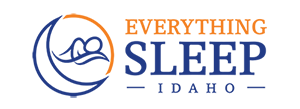Sleep medicine specialists conduct comprehensive clinical evaluations to assess patients’ sleep patterns, medical history, lifestyle factors, and symptoms of sleep disorders. This evaluation often includes detailed discussions about sleep habits, daytime functioning, and potential contributing factors to sleep disturbances.
Sleep Medicine Services provided by Everything Sleep
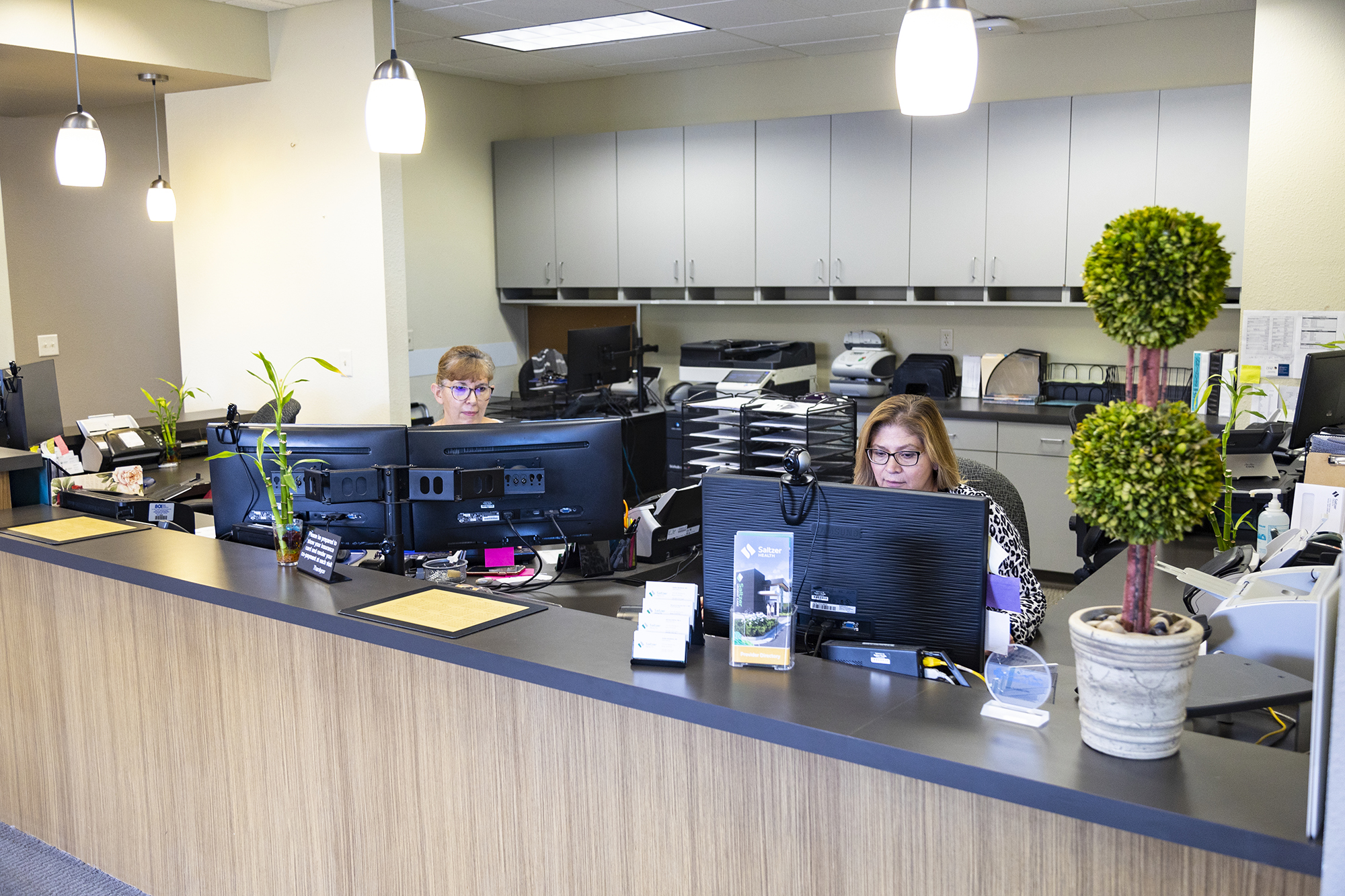
Evaluation & Consultation
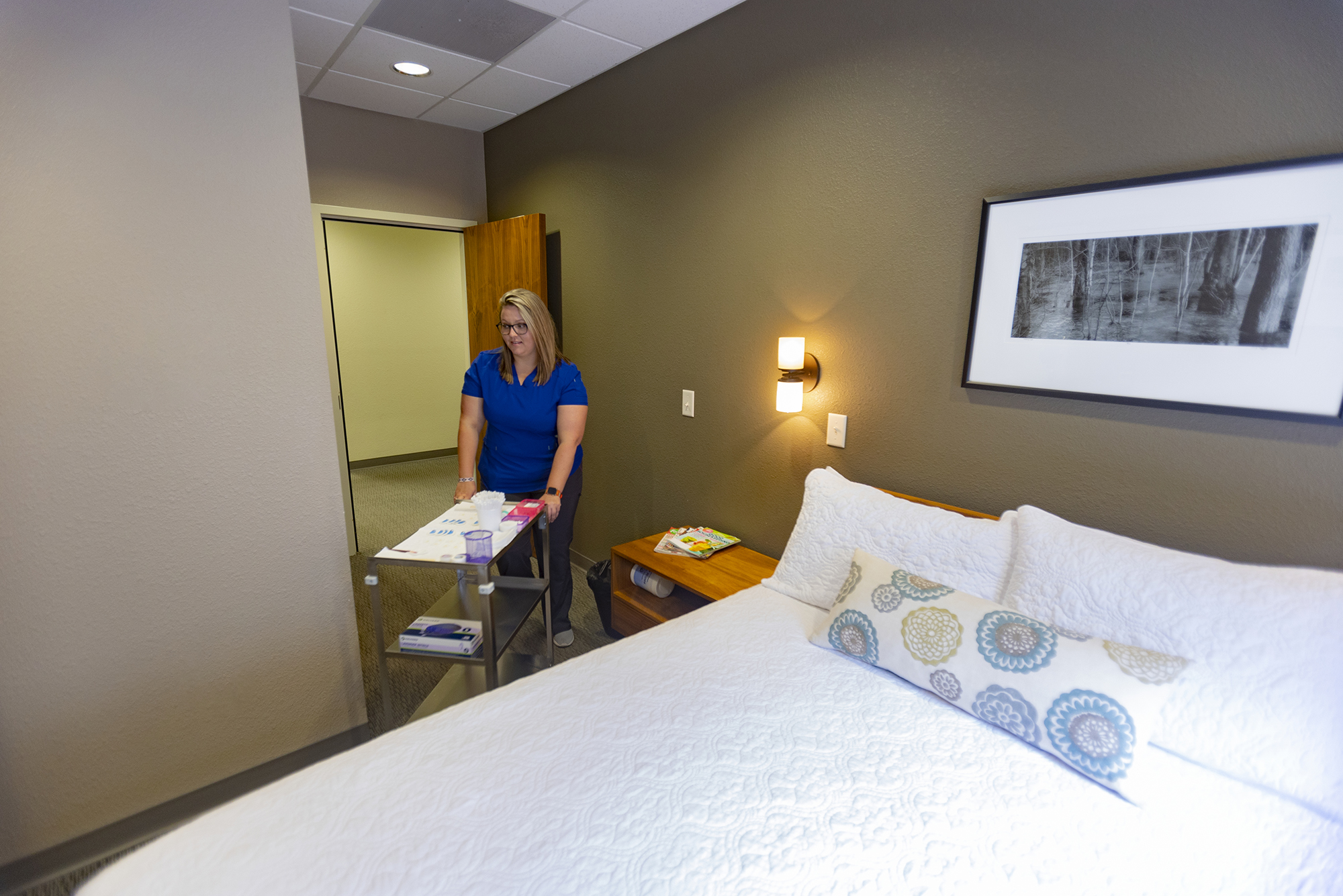
Sleep Studies (Polysomnography)
Polysomnography (PSG) is a diagnostic test performed in sleep centers to monitor various physiological parameters during sleep. It involves the simultaneous recording of multiple parameters, including brain waves, eye movements, muscle activity, heart rate, breathing patterns, and oxygen levels. Sleep studies help diagnose sleep disorders such as sleep apnea, insomnia, narcolepsy, and parasomnias.

Home Sleep Apnea Testing (HSAT)
Home sleep apnea testing (HSAT) allows patients to undergo sleep apnea screening in the comfort of their own homes. It typically involves wearing a portable monitoring device that records breathing patterns, oxygen levels, and other parameters during sleep. HSAT is often used as a convenient and cost-effective alternative to in-lab polysomnography for diagnosing obstructive sleep apnea.
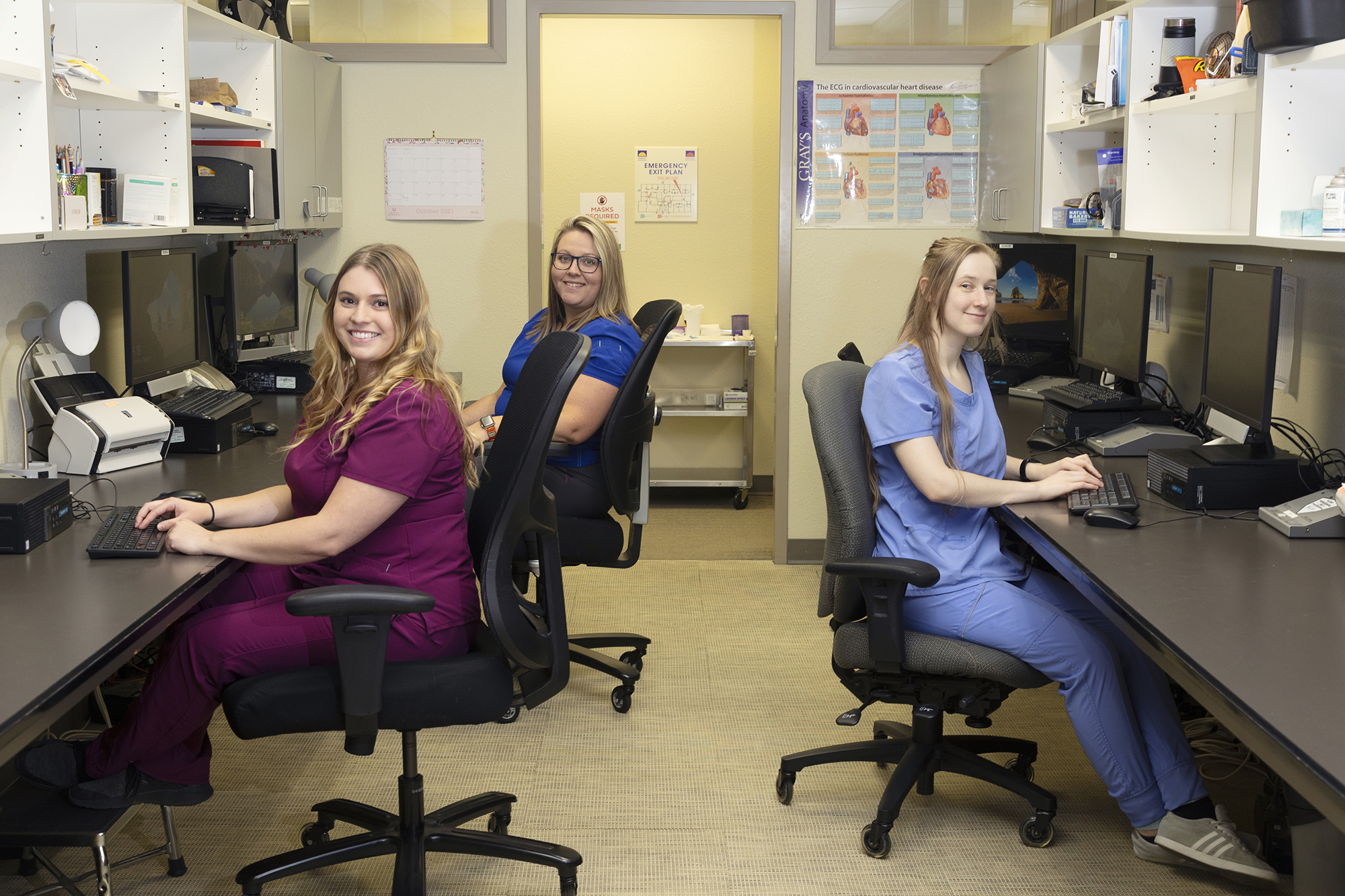
Multiple Sleep Latency Test (MSLT)
The multiple sleep latency test (MSLT) is a diagnostic test used to evaluate daytime sleepiness and diagnose narcolepsy. It measures how quickly a person falls asleep during daytime naps in a controlled environment.
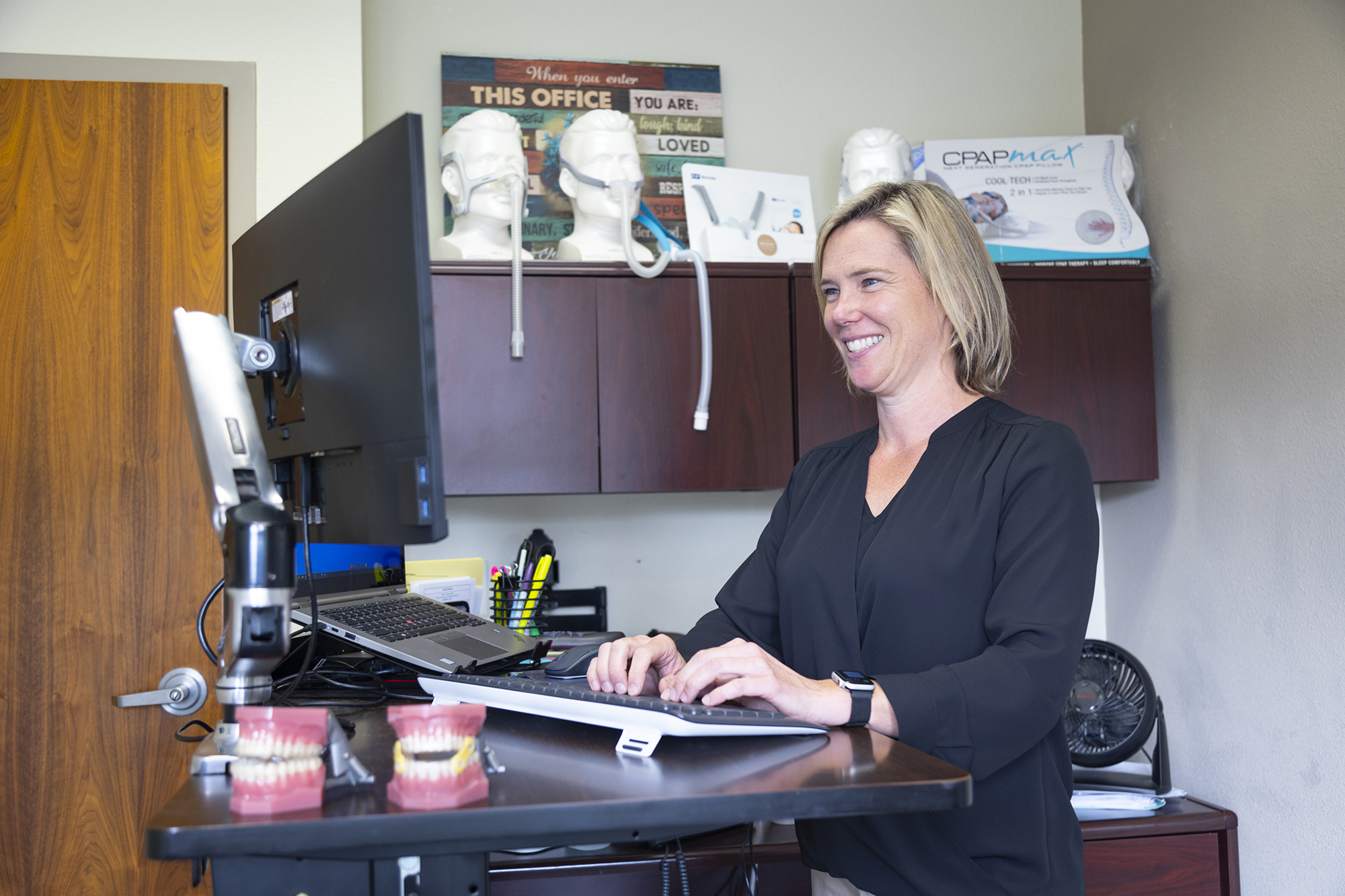
Maintenance of Wakefulness Test (MWT)
The maintenance of wakefulness test (MWT) assesses a person’s ability to stay awake and alert during designated periods of wakefulness. It is often used to evaluate daytime alertness and assess treatment effectiveness in sleep disorders such as narcolepsy or sleep apnea.
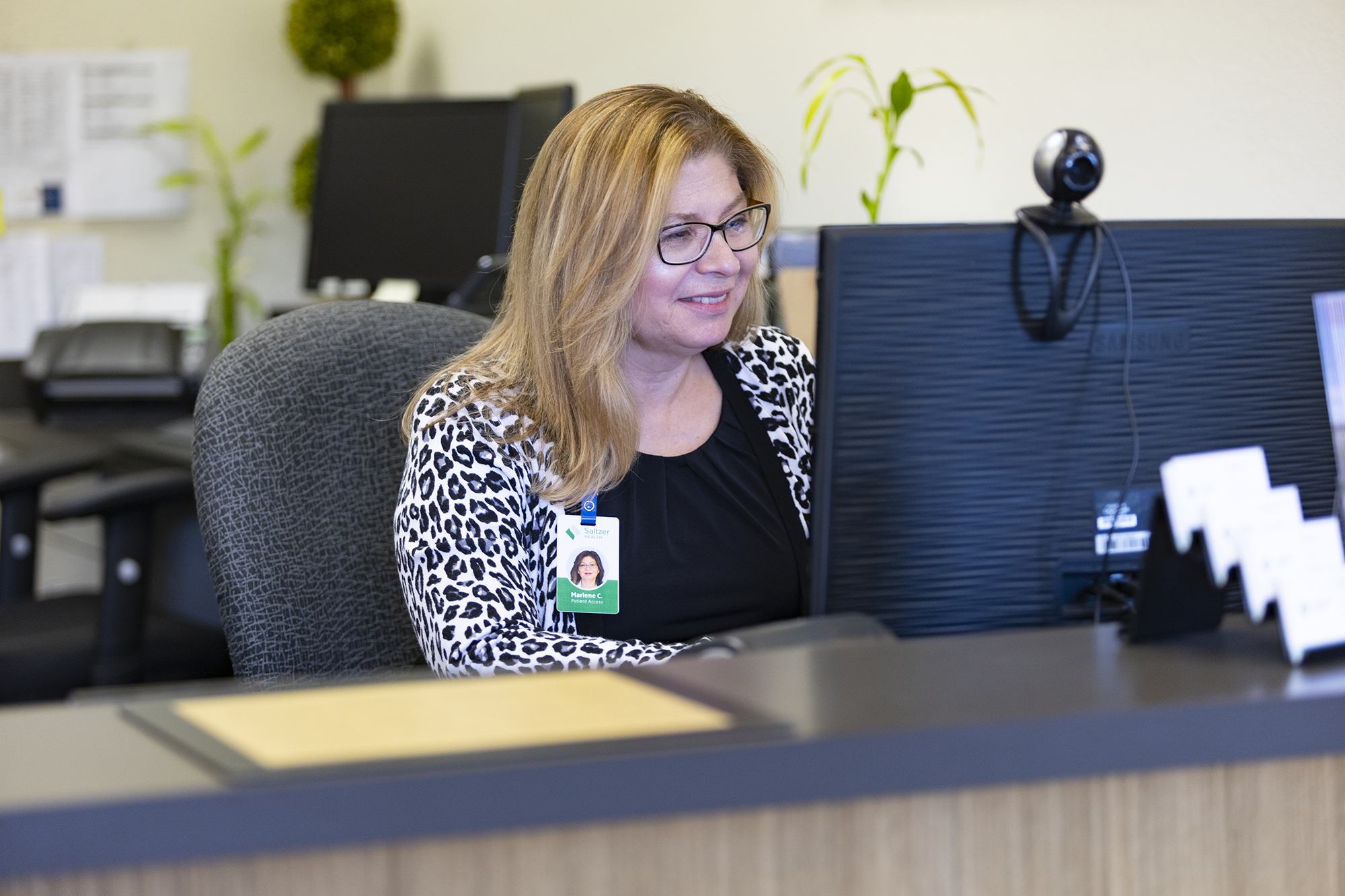
Continuous Positive Airway Pressure (CPAP) Therapy:
CPAP therapy is a common treatment for obstructive sleep apnea. It involves wearing a mask connected to a machine that delivers a continuous flow of air to keep the airway open during sleep. Sleep medicine specialists provide CPAP titration studies to determine the optimal air pressure settings for individual patients and ensure effective treatment.
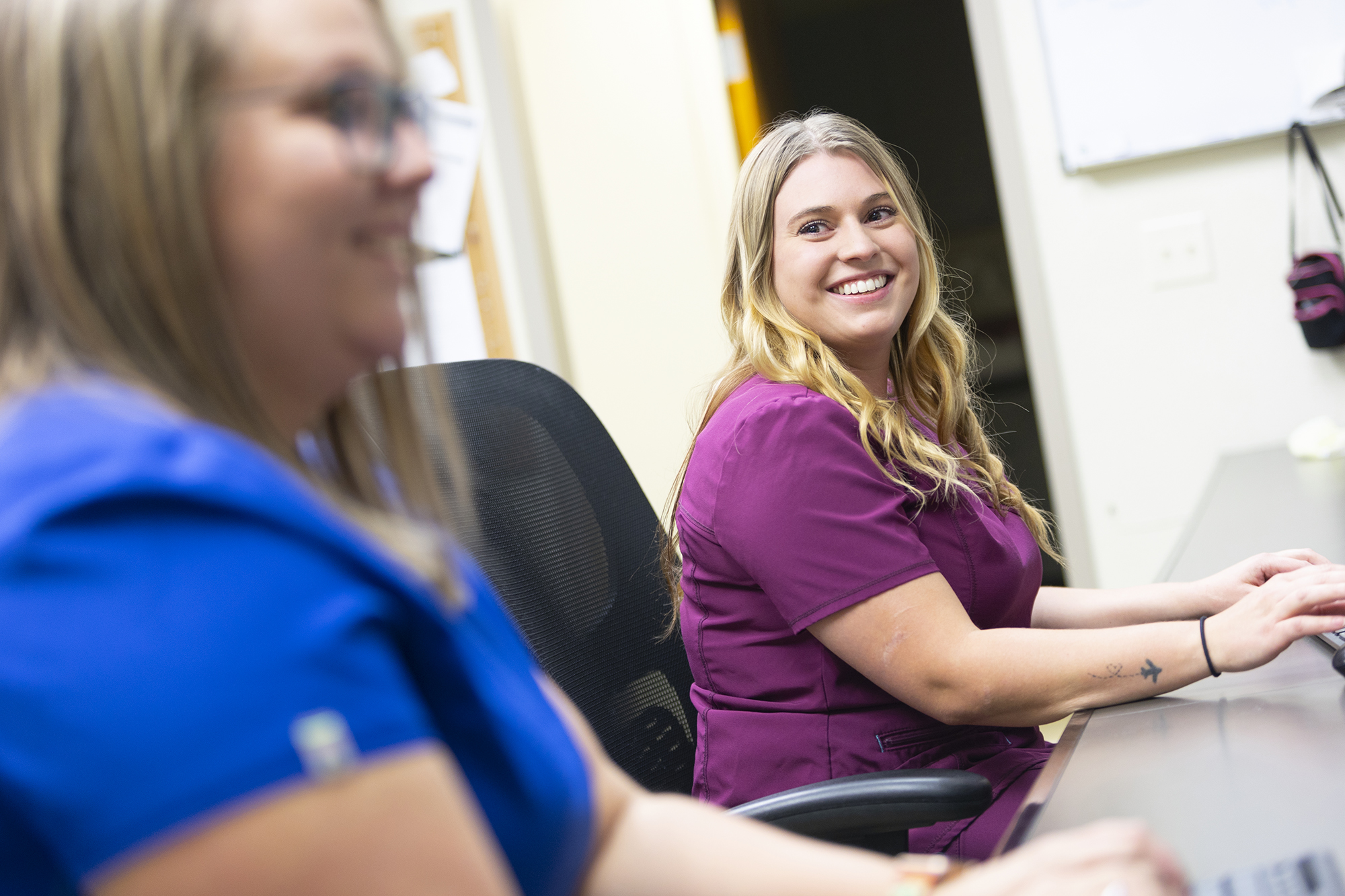
Bi-Level Positive Airway Pressure (BiPAP) Therapy
Similar to CPAP, BiPAP delivers air at varying pressures, providing higher pressure during inhalation and lower pressure during exhalation. BiPAP may be recommended for individuals who find CPAP uncomfortable or have difficulty exhaling against the continuous pressure.
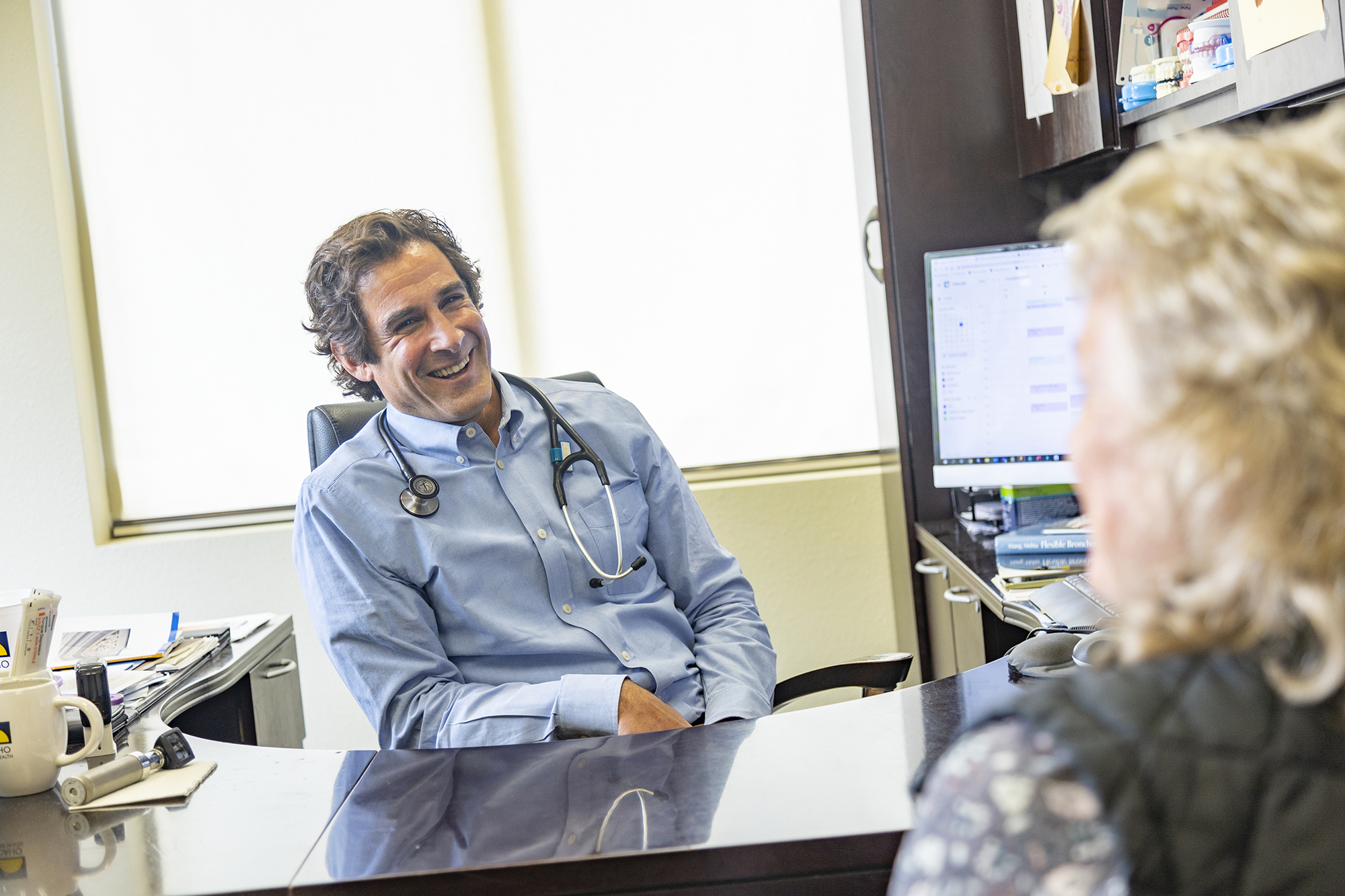
Adaptive Servo-Ventilation (ASV)
ASV devices adjust air pressure based on a person’s breathing patterns, providing support to maintain normal breathing throughout the night. ASV is often used for central sleep apnea (CSA) or complex sleep apnea syndrome (CompSAS).
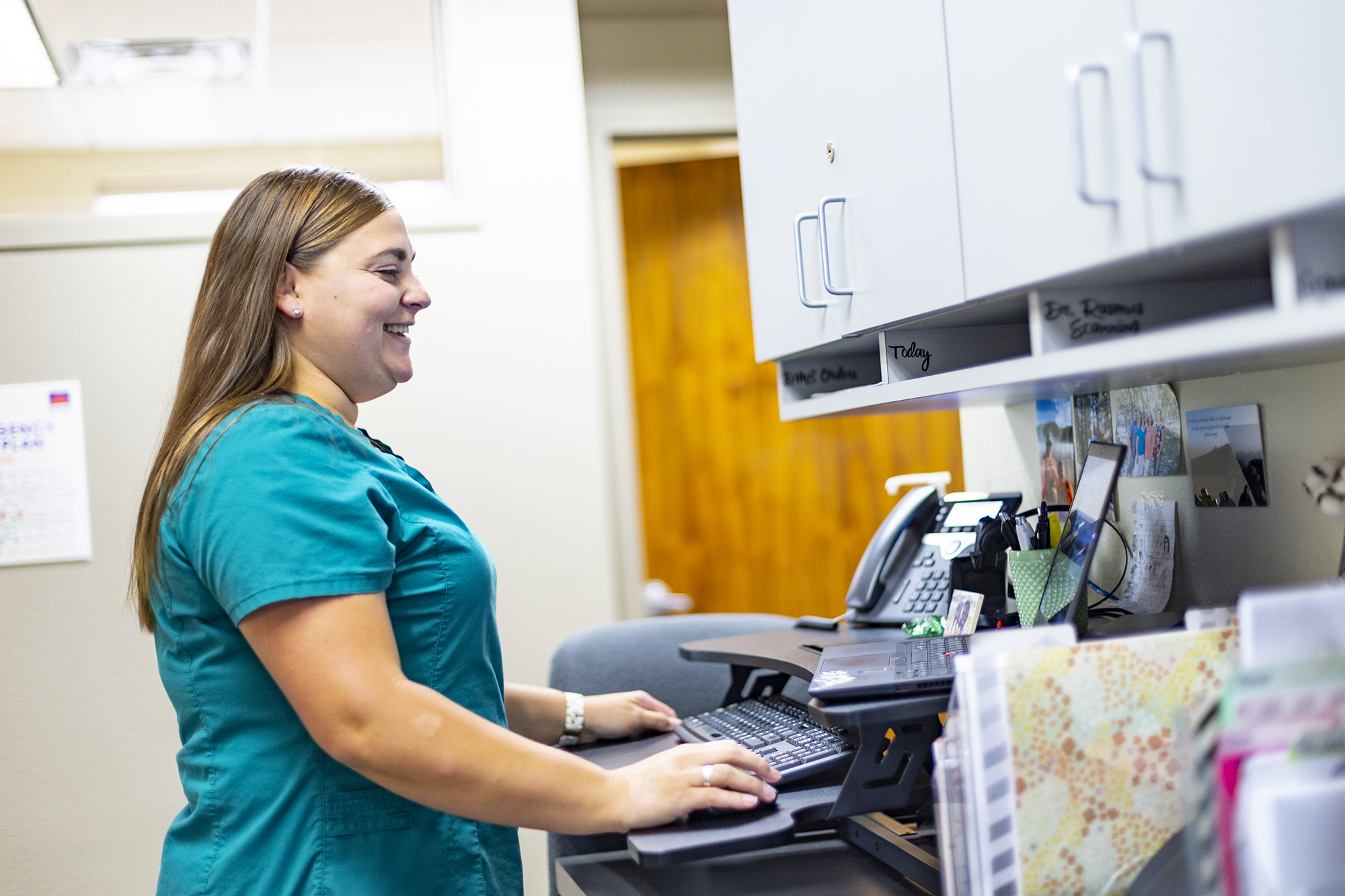
Oral Appliance Therapy
Custom-fitted oral appliances, similar to mouthguards, are designed to reposition the jaw and tongue to keep the airway open during sleep. This treatment is typically recommended for mild to moderate OSA or for individuals who cannot tolerate CPAP therapy.

Lifestyle Modification Counseling
Sleep medicine providers offer guidance and support for lifestyle modifications that can promote better sleep, such as maintaining a regular sleep schedule, avoiding caffeine and alcohol before bedtime, creating a comfortable sleep environment, and incorporating relaxation techniques.
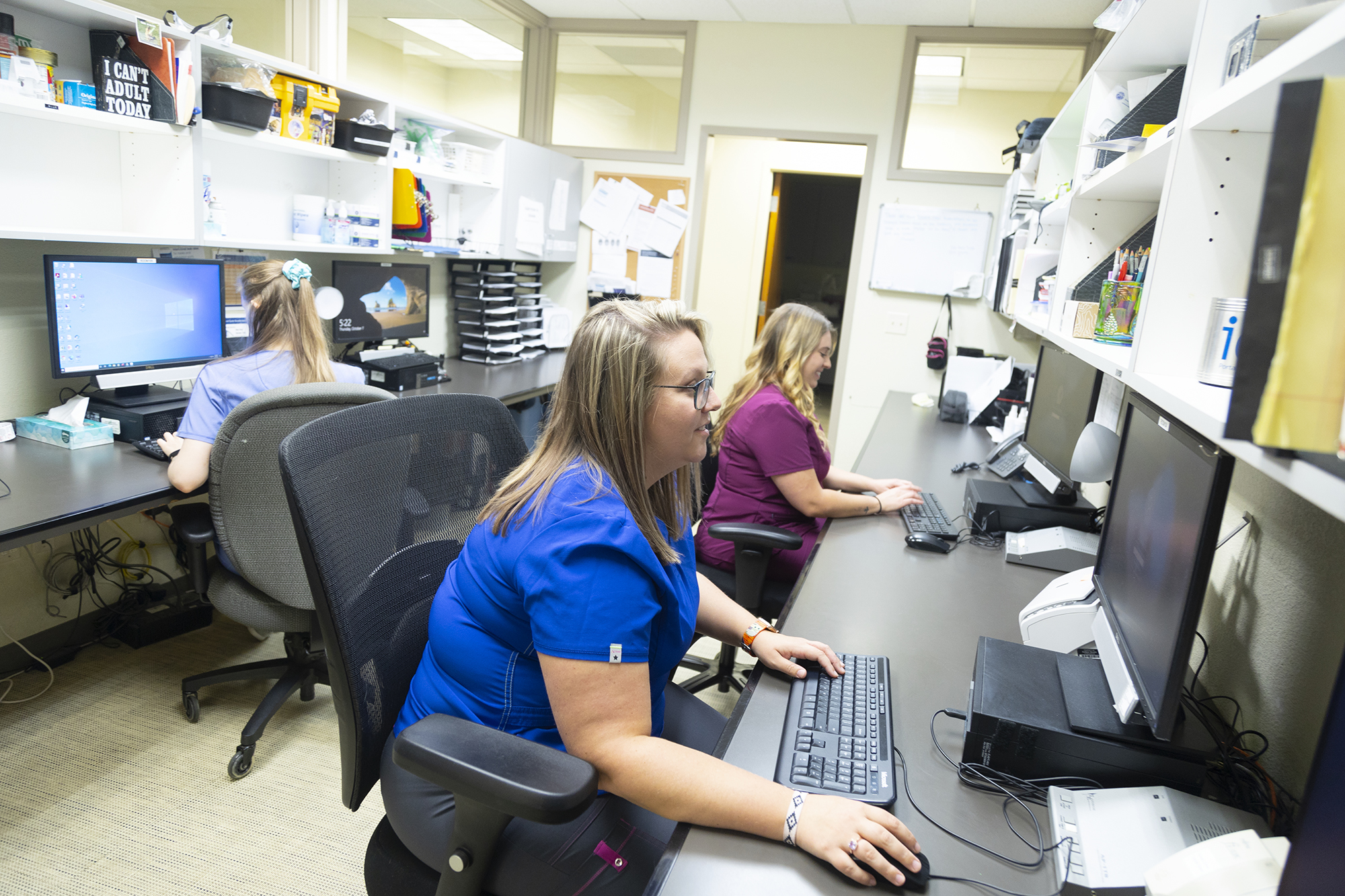
Surgery
In some cases, surgery may be recommended to remove excess tissue from the throat or to reposition the jaw to enlarge the airway. Surgical options include uvulopalatopharyngoplasty (UPPP), tonsillectomy, adenoidectomy, or maxillomandibular advancement.
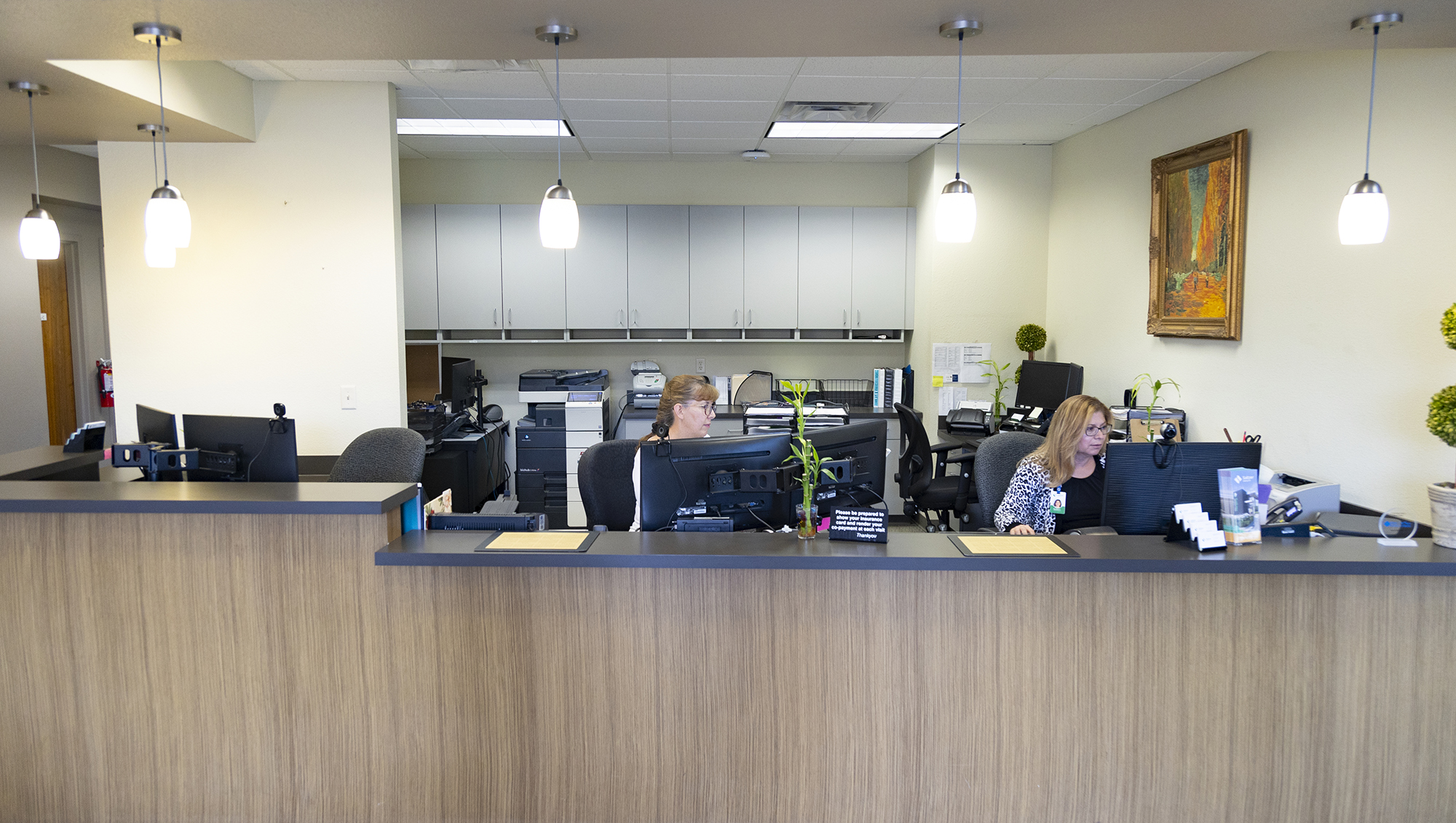
Medication Management
Sleep medicine specialists may prescribe medications to manage symptoms of sleep disorders, such as insomnia, restless legs syndrome, or narcolepsy. Medications may be used alone or in combination with other treatment modalities, depending on the specific sleep disorder and individual patient needs.
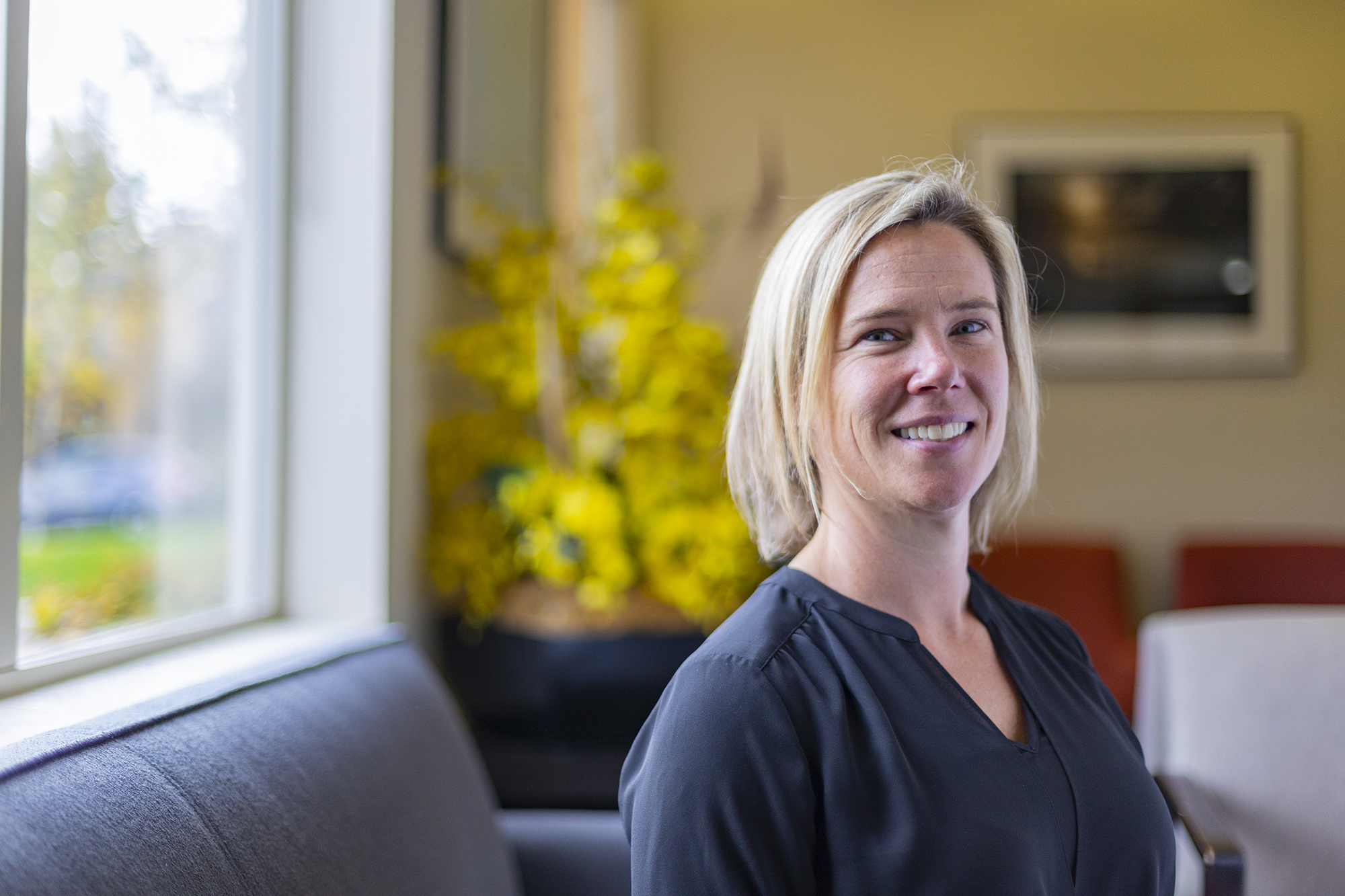
Behavioral Therapies
Behavioral therapies, such as cognitive-behavioral therapy for insomnia (CBT-I), focus on modifying behaviors and thoughts that contribute to sleep difficulties. These therapies aim to improve sleep hygiene, establish healthy sleep habits, and address underlying psychological factors affecting sleep.
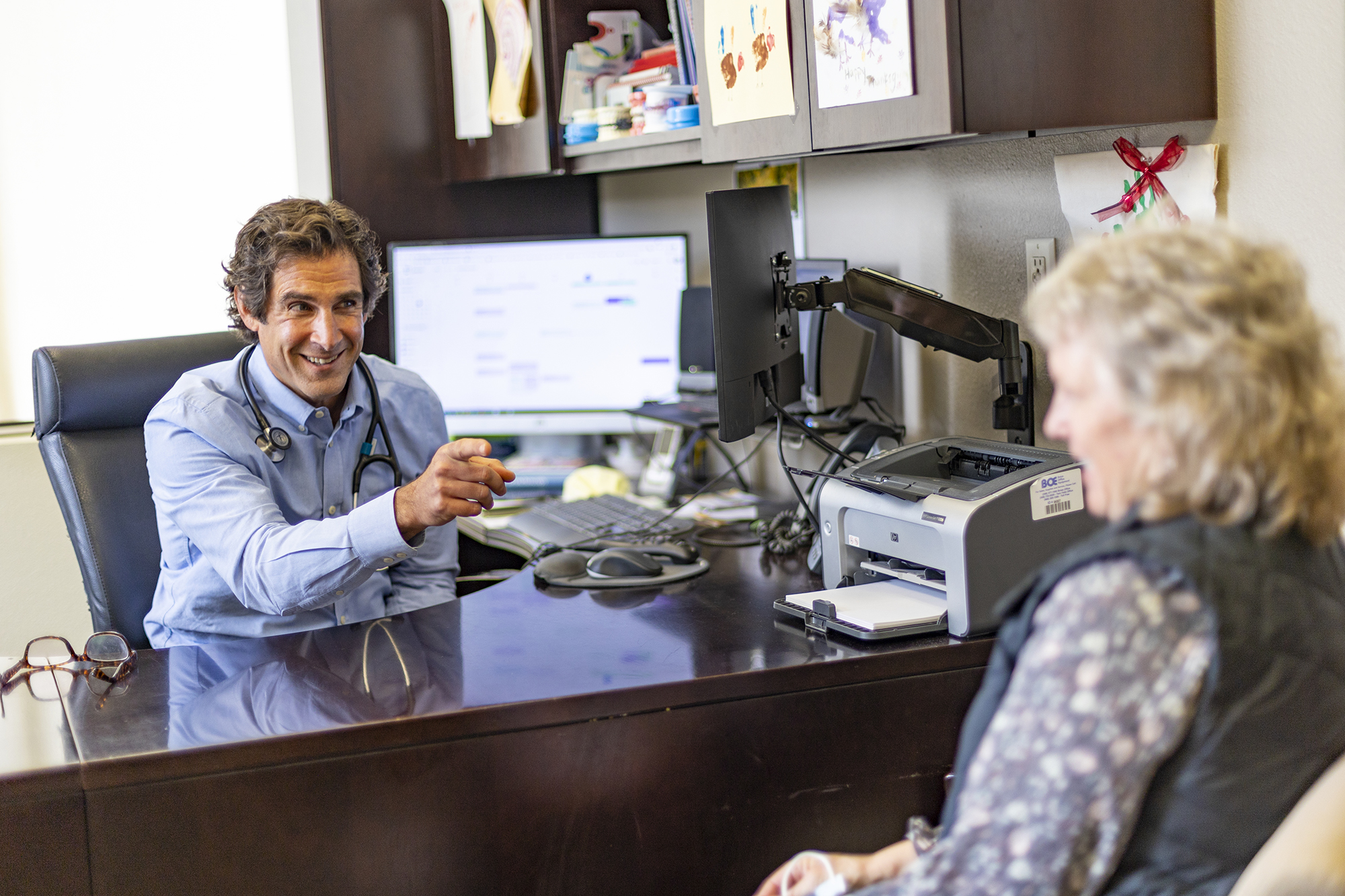
CPAP, BiPAP & ASV Training
CPAP (Continuous Positive Airway Pressure) training is an essential component of sleep apnea management for patients prescribed CPAP therapy. The goal of CPAP training is to ensure that patients understand how to use their CPAP equipment effectively, maintain proper hygiene, troubleshoot common issues, and optimize therapy adherence.
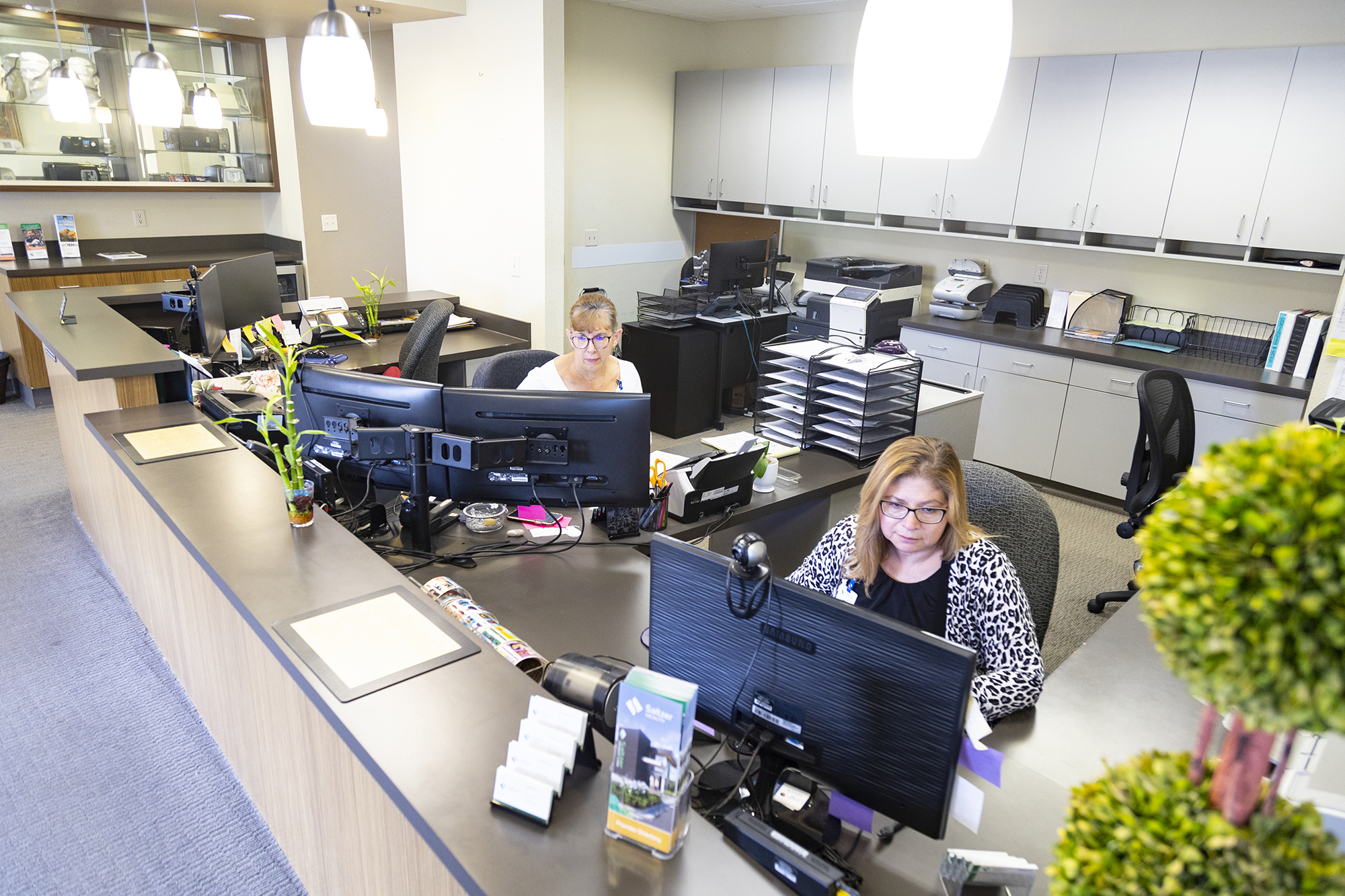
Follow-Up Care and Monitoring
Sleep medicine specialists provide ongoing follow-up care to monitor treatment effectiveness, adjust treatment plans as needed, and address any new or persistent sleep-related concerns.
